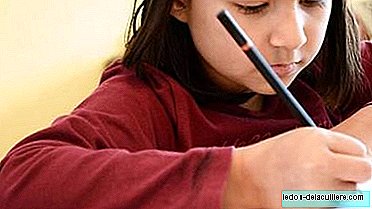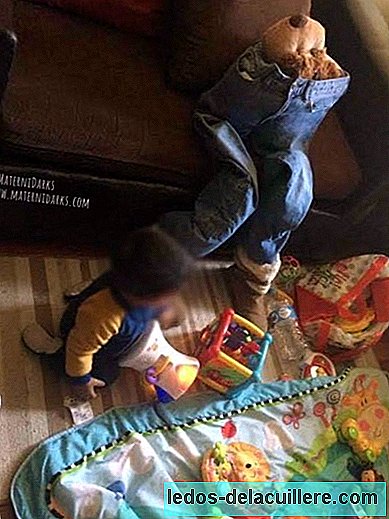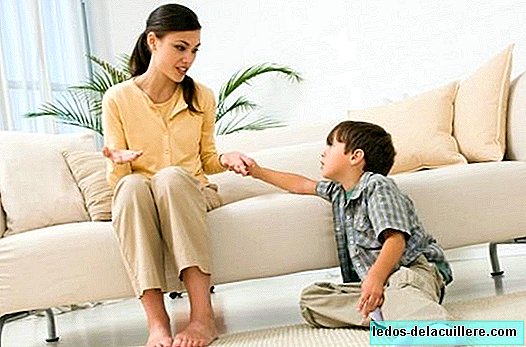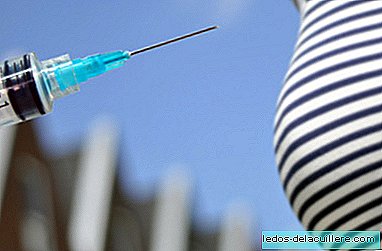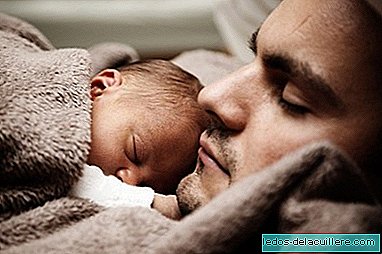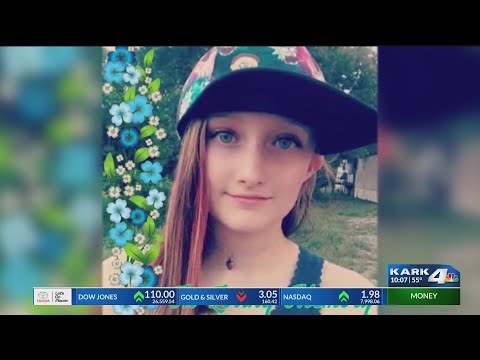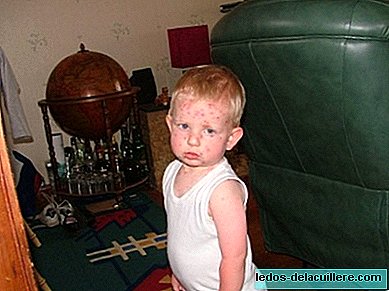
The chickenpox It is a viral infection whereby the person has extremely itchy blisters throughout the body and although it is more common in children under 10 years old, it can also be developed by adults and older children. In general, the disease can be treated at home under the supervision of a specialist without the need for hospitalization, but we will give you some clues to be able to recognize it and make it more bearable.
The first thing to do is vaccinate children, it is usual to give them the first dose when the child is 12 to 15 months old. A second dose should be administered when they are between 4 and 6 years old. If they have not been vaccinated at these ages it is recommended that children aged 13 years and older should receive two doses, with an interval of 4 to 8 weeks between them and if they received the first dose of children and at that age they have not yet suffered chickenpox They should be given a second dose.
The symptom More common are fever, headache, stomach ache and loss of appetite. Chickenpox rash occurs between 10 and 21 days after having contact with someone who had the disease. Blisters are often seen first on the face, the middle part of the body or the scalp and then spread and cause an incessant stinging. We must avoid at all costs that the children scratch and get injured because they can cause an infection (a remedy recommended by specialists to mitigate the itching are the oatmeal baths with warm water and the talcum powder to dry the blisters.
The disease usually has a duration two weeks is essential to notify the pediatrician to give us a treatment and guidelines to apply it. If the child is over one year old and has not been vaccinated, the doctor can prescribe antiviral medications and administer the vaccine with an early diagnosis. It is also worth knowing that chickenpox is more severe in children who have skin conditions such as eczema or lung conditions such as asthma.
Children with chickenpox should not return to school or have contact with other children until all chickenpox blisters have crusted or dried. Adults should follow this same rule when returning to work or being with other people since this disease it can be spread very easily to other people simply by touching the liquids of a chickenpox blister or if someone who has it coughs or sneezes near us. In adults and older children the disease can be more serious especially if they are not vaccinated.
It is very important Do not administer to aspirin (acetylsalicylic acid) or ibuprofen when they have chickenpox since the use of acetylsalicylic acid has been associated with a serious condition called Reye's syndrome and ibuprofen with more serious secondary infections. To give them any type of medication you should always consult with the pediatrician.
This disease does not usually have major consequences if the precautions we have mentioned are taken, however we tell you the usual, the best is go to the specialist.



